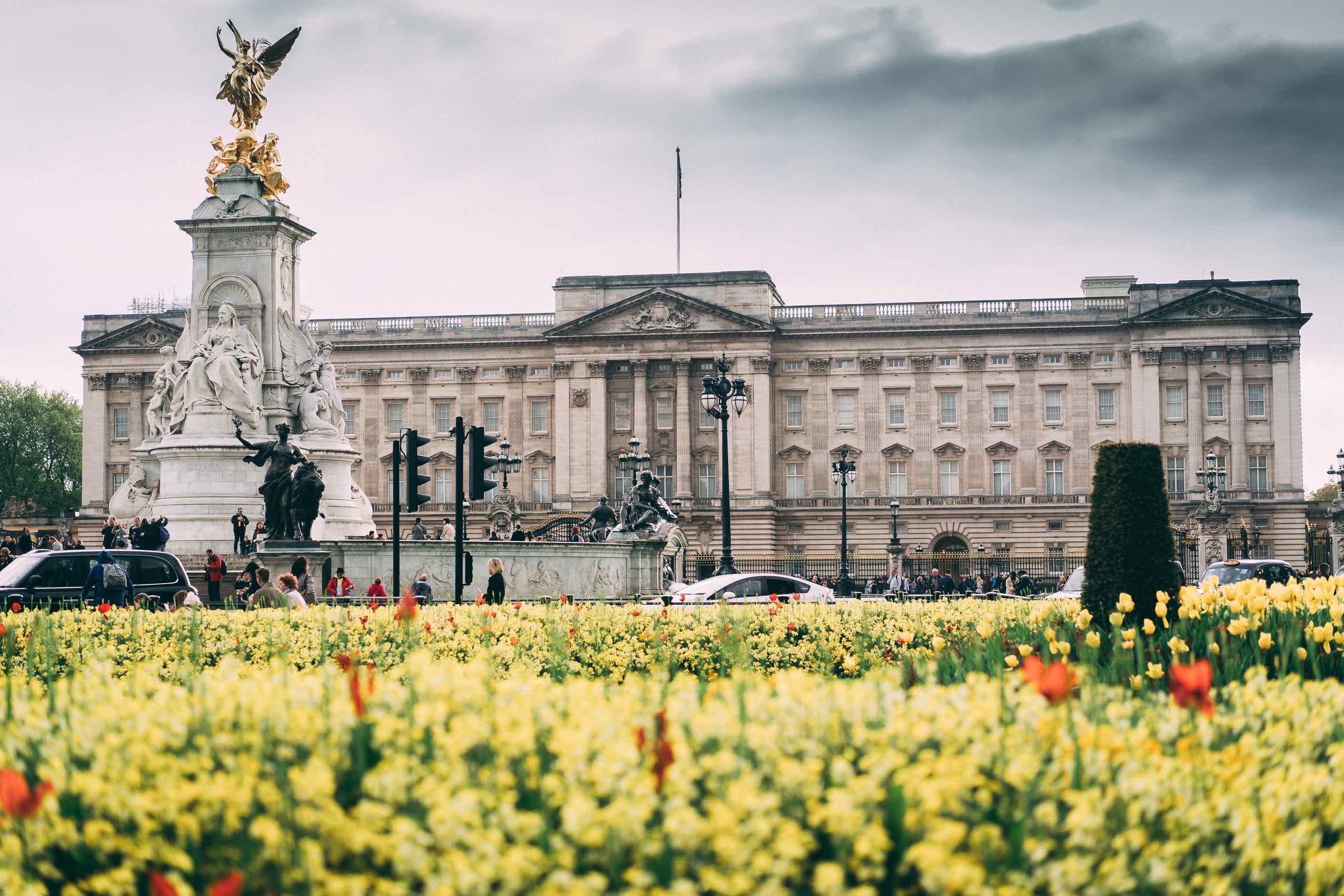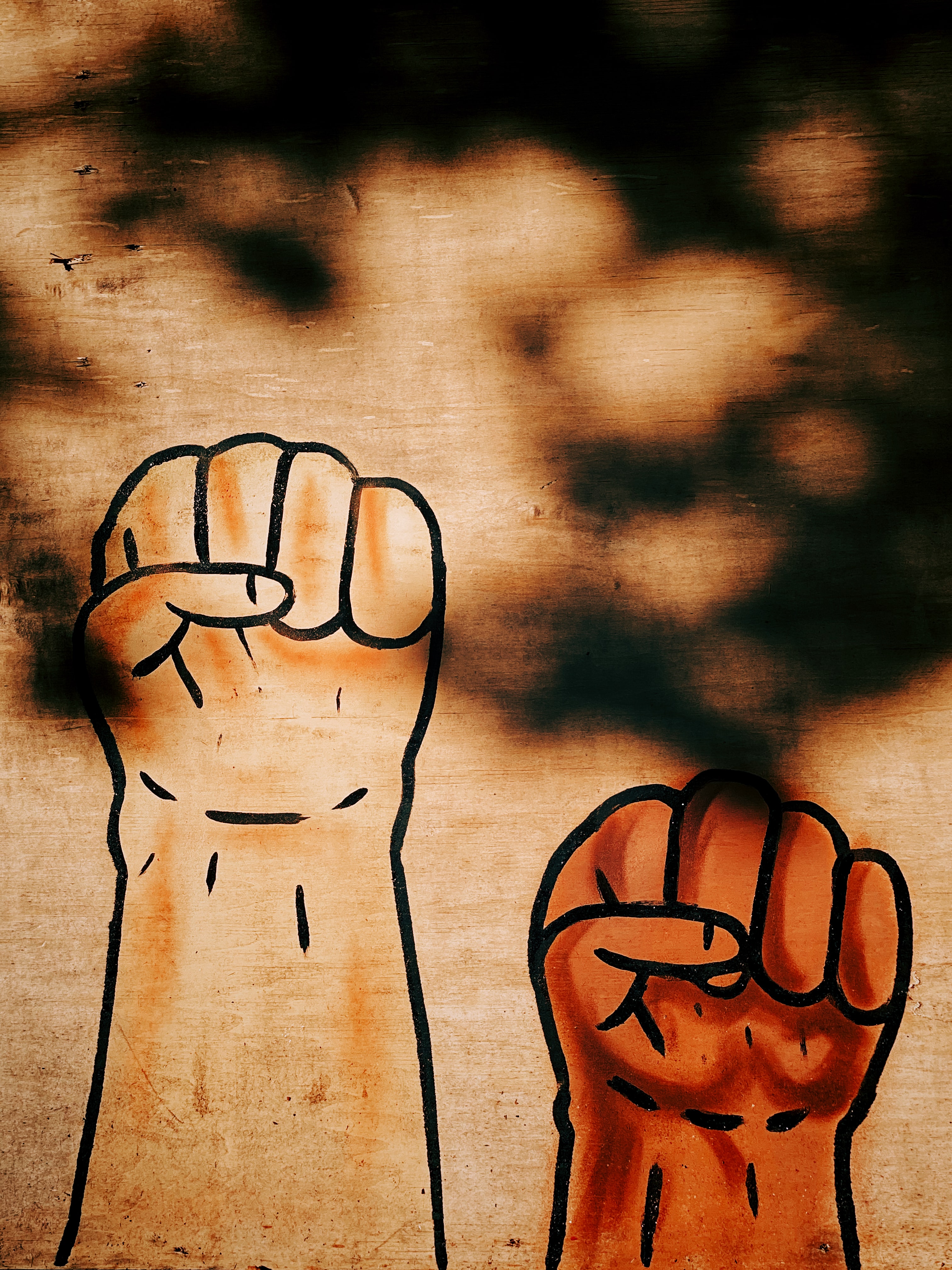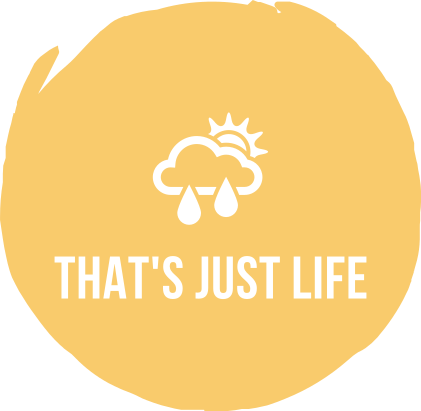3 Things we can all Learn from the Interview with Oprah

3 Min Read
I'm going to be honest and say I know very little about the Royal Family. I didn't even know that the Queen gave a speech every Christmas until this year (and still somehow managed to miss it) and I didn't make it through more than 5 minutes of the Royal Wedding.
That said, when I saw clips from the interview with Oprah, something pulled me in. There was an explosion across social media of people pointing out racism and injustice and mental health struggles, that I wanted to form my own opinion.
So I did.
I sat down with my parents and watched it.
And I was appalled at what they went through, the differential treatment of Kate and Meghan, the negative press and hate towards Meghan, the racist concerns about the colour of her child's skin. Meghan's suicidal thoughts and the way it was shrugged off by the Royal Institution. And that's just the tip.
But I didn't want this post to be a summary of the episode, nor did I want it to be an analysis of mental health access or institutional racism (though it was blatant and obvious and very very real) because I don't know enough about these topics yet to put it out into the world.
I want to stress that they are important conversations to have, but I wanted this post to focus on the 3 key takeaways from the interview that we can reflect on & implement in our own daily lives.

Takeaway 1: Being Silent in the Face of Injustice is a Choice
If you can see someone is being treated unfairly, if they're being lied about or put down or whatever it is, then you have a choice to do something, to say something.
Doing nothing when you're in a position to help, does not make you uninvolved, it makes you part of the problem. It gives permission for the behaviour to continue.
It's easy to speak up on social media and post a black square in solidarity of BLM, but what about real life. Where it really counts? Are you the same person posting but silent when someone's mistreated at work, be it racism or otherwise?
Maybe the treatment is coming from someone higher up, a manger for instance, or maybe it's an old friend. At the end of the day, yes it will be a difficult conversation, no, not all (racial) biases will magically disappear, but it's a step in the right direction. And that's how change begins.

Takeaway 2: How your life Looks vs How your life Feels
In the interview Meghan talked about how her lived experience was so different from the perception. Yes she was smiling in photos, yes it looked like she was having a good time and going to these amazing places, but inside she was struggling which was something that the world couldn't see.
She looked like she had it all, but how did it feel?
With the outbreak of social media, we're constantly bombarded by photos of people doing fun things in fun places or smiling and looking good. It's easy to forget that none of it is real. That that photo was just 1 second out of the 86,400 seconds of the day. And even in that 1 second, you can't know for sure what someone's thinking.
So what's the message I'm trying to get across?
a) Check up on your friends
Check up on your friends, ask them how they really are, ask the friend who smiles the most or laughs the loudest. The one that's the life of the party. The one who looks like they've got it together. Not everyone who's struggling looks like they are.
b. Ask yourself how your life feels
Be authentic to yourself. There may be things in your life that look amazing, a certain job, relationship, friendship group. But ask yourself how it makes you feel? Energised? Drained? Excited? Bored? Unsatisfied?
Everyone has a different definition of happiness, make sure you're living your version of it and aligning with your values. Even if that's rescuing a bunch of chickens.

Takeaway 3: Reach Out When You Need Help
Meghan reached a point where she didn't want to be left alone because she was scared of the harm she would do to herself and of her suicidal thoughts.
But she recognised when she needed help and asked for it. She confided in Harry and they did whatever they could to get help. And when they couldn't within the Royal Institution, they decided to step down and distance themselves from the toxic environment.
Now, Meghan describes that she did get her happy ending with the Prince in the end.
The point:getting support is hard, and asking for it is harder. It is a long journey and it takes courage. But it's well worth it in the end.
Cool
Let me know if you agree by dropping a like. Also, I'm curious to know your thoughts in the instagram comments. What were your key takeaways from the interview? Did it surprise you?
As always, lots of love
-Nadine xxx

Comments